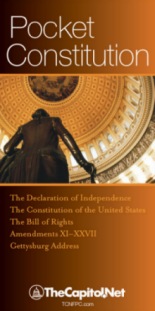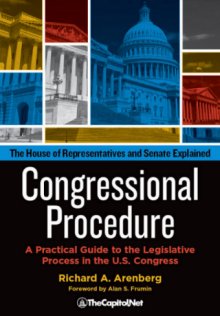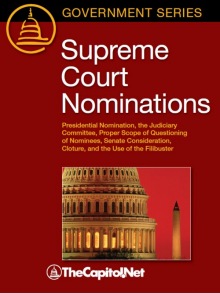Congressional Control over the Supreme Court (CRS R47382)
The Constitution’s Framers structured the Constitution to promote the separation of powers and protect the federal courts from undue influence by Congress and the executive branch. Among the federal courts, the Constitution grants the Supreme Court special status. As a historical matter, Congress has also traditionally recognized that the Supreme Court plays a unique role … Read more




